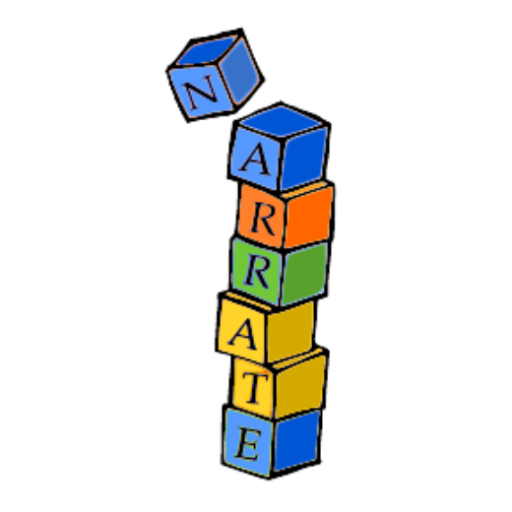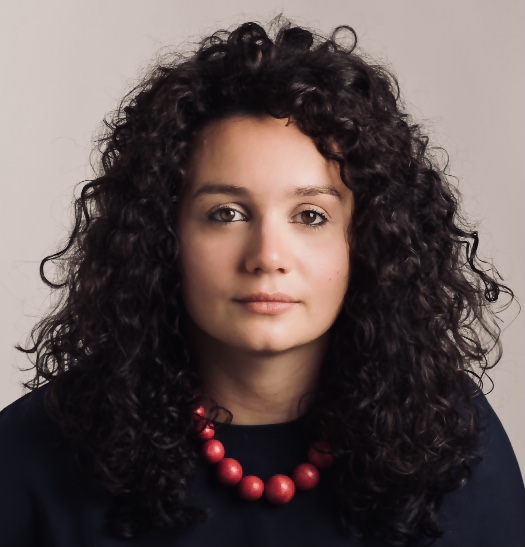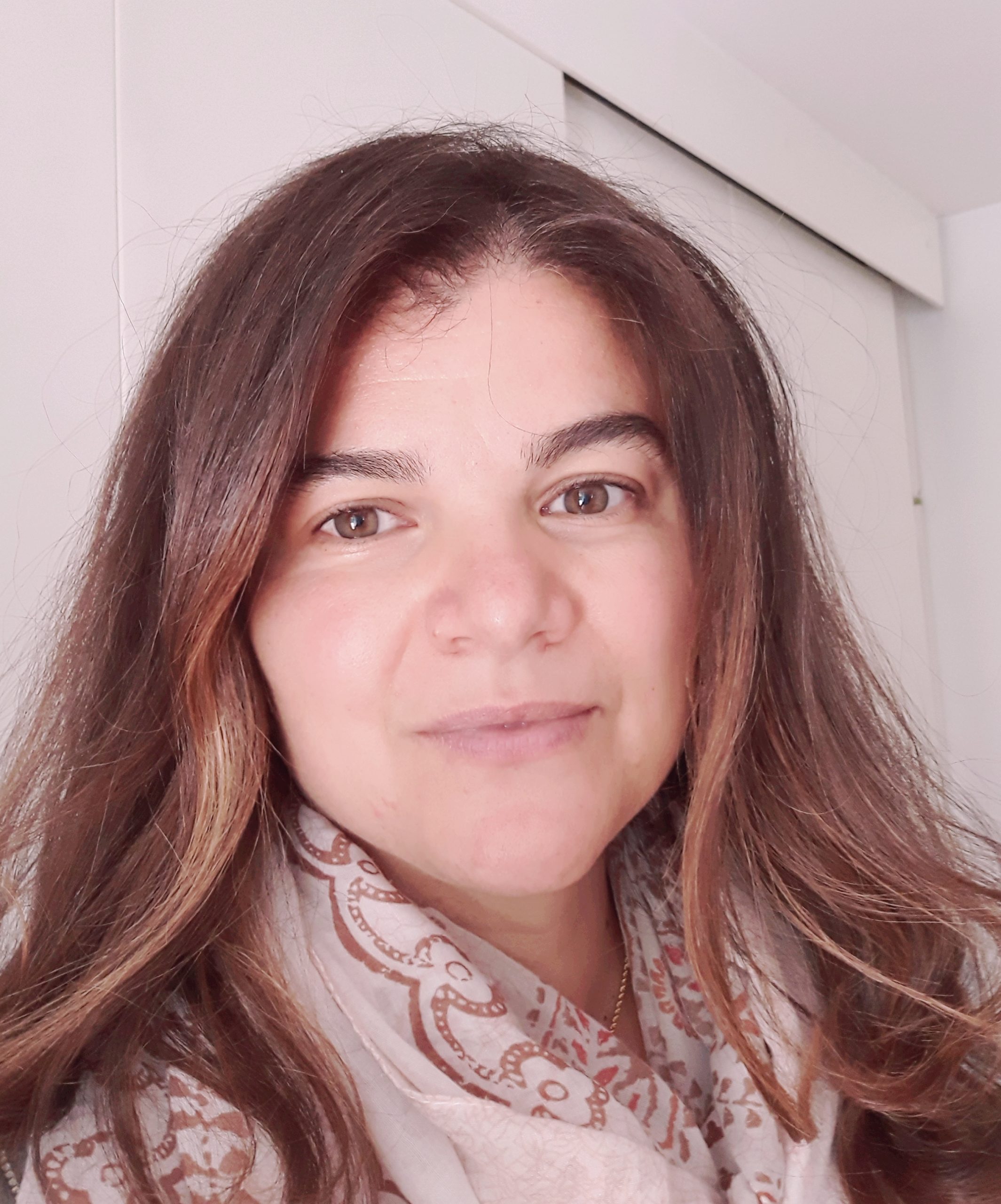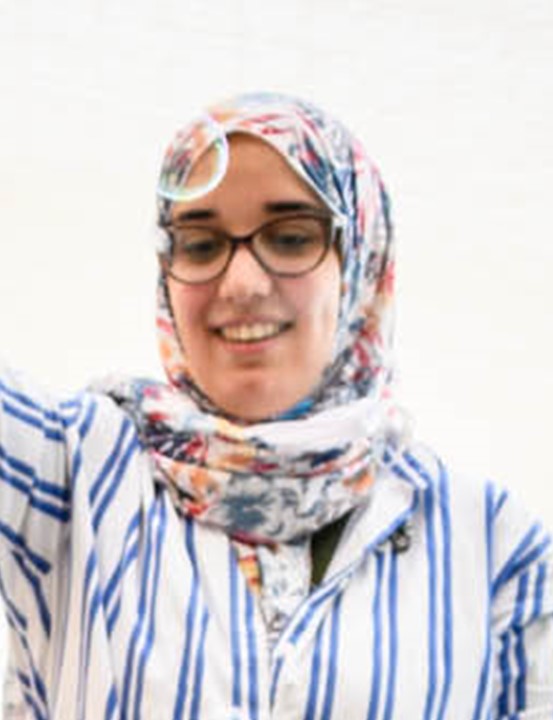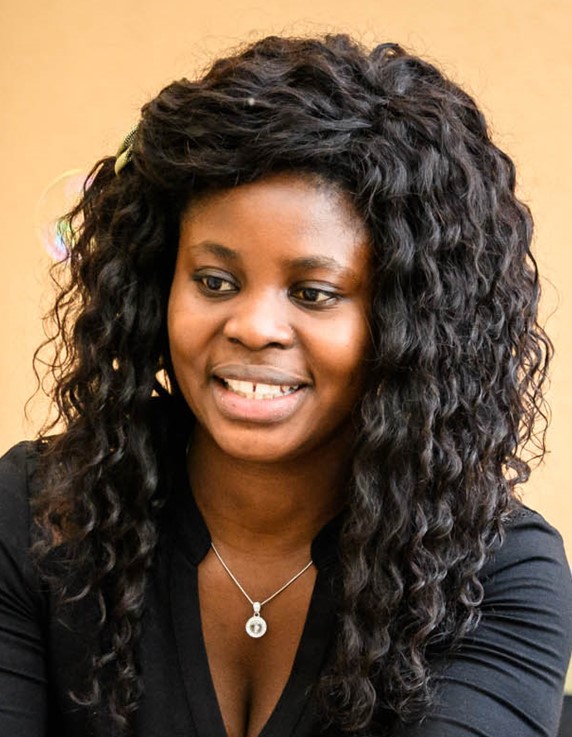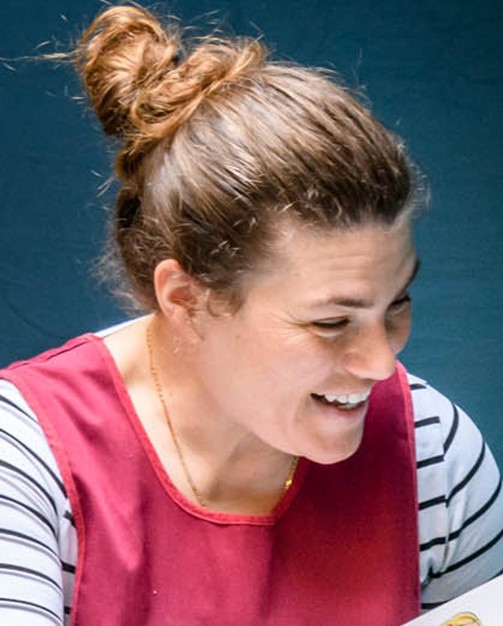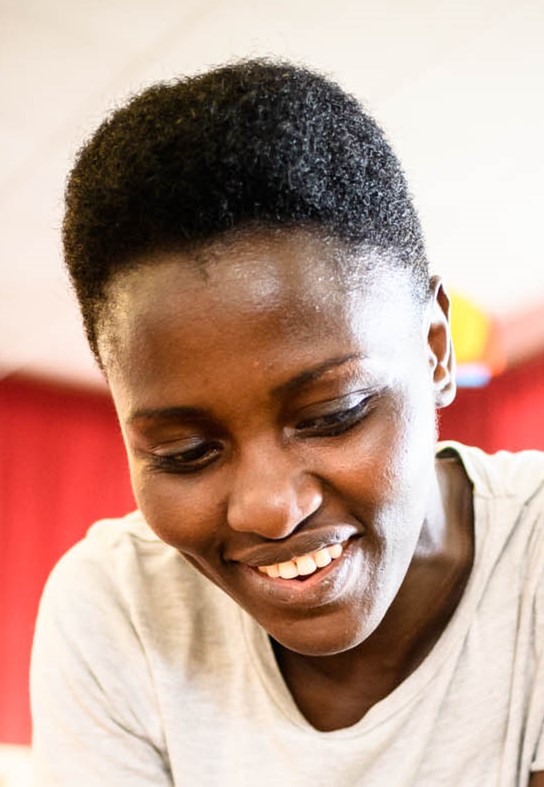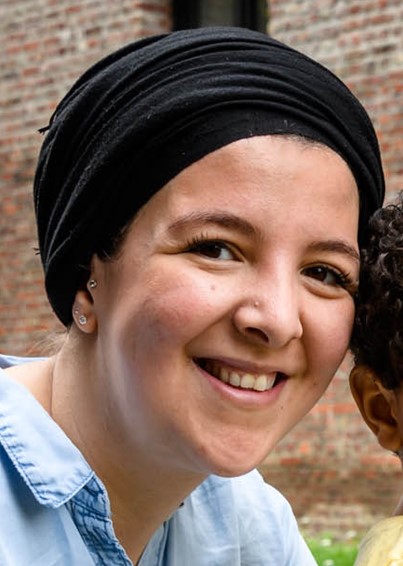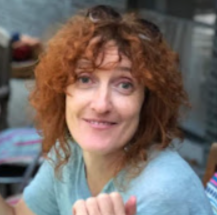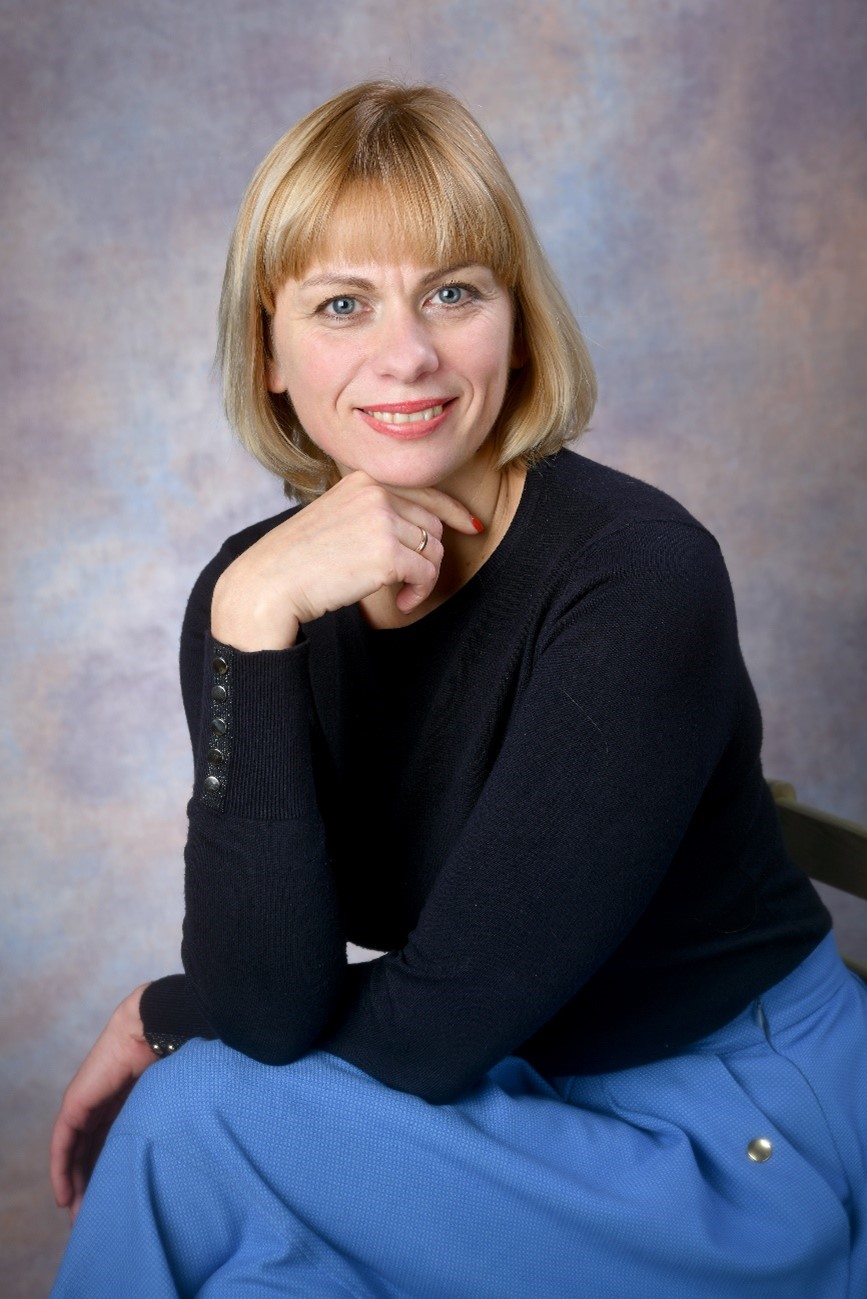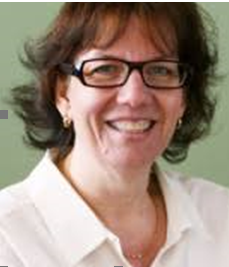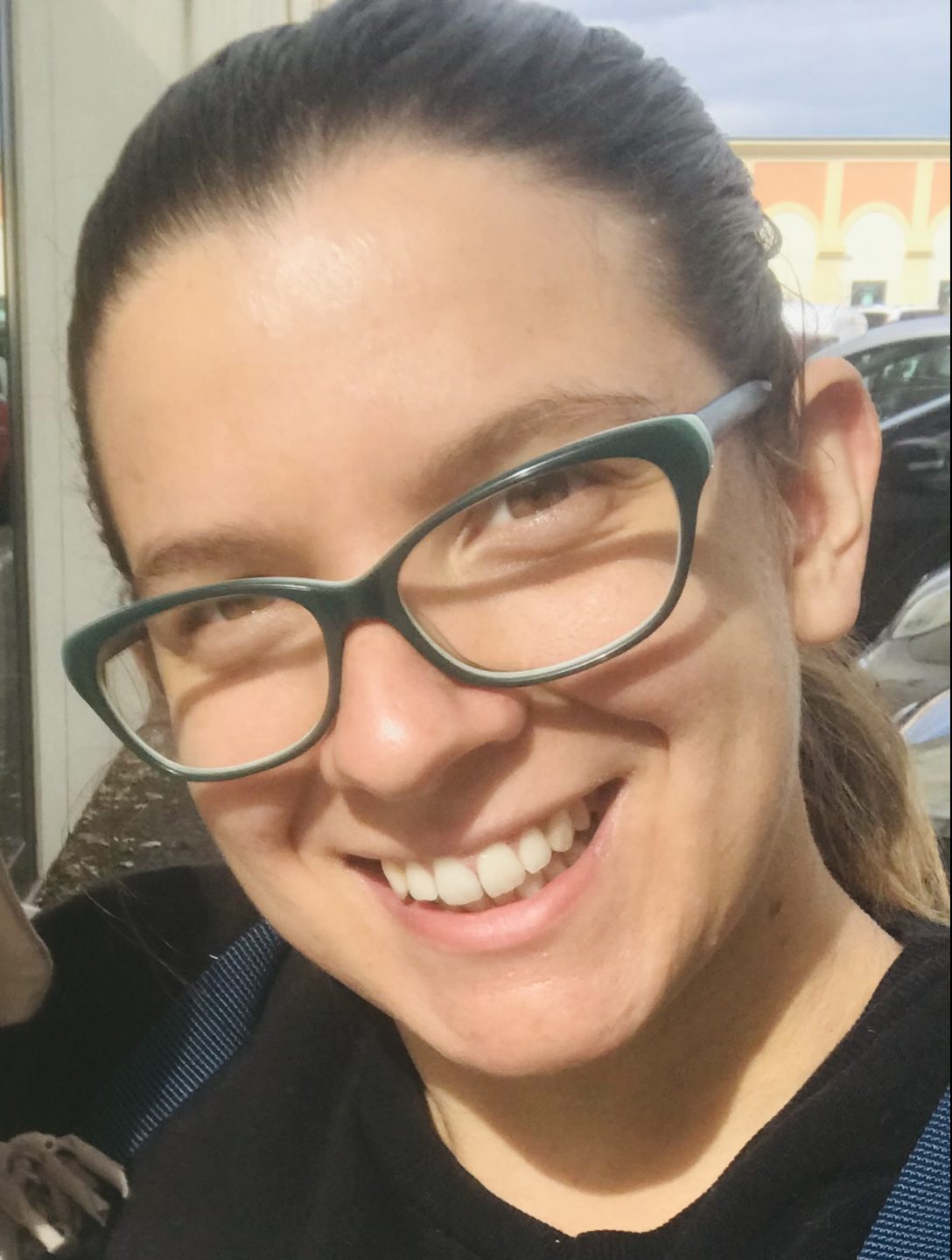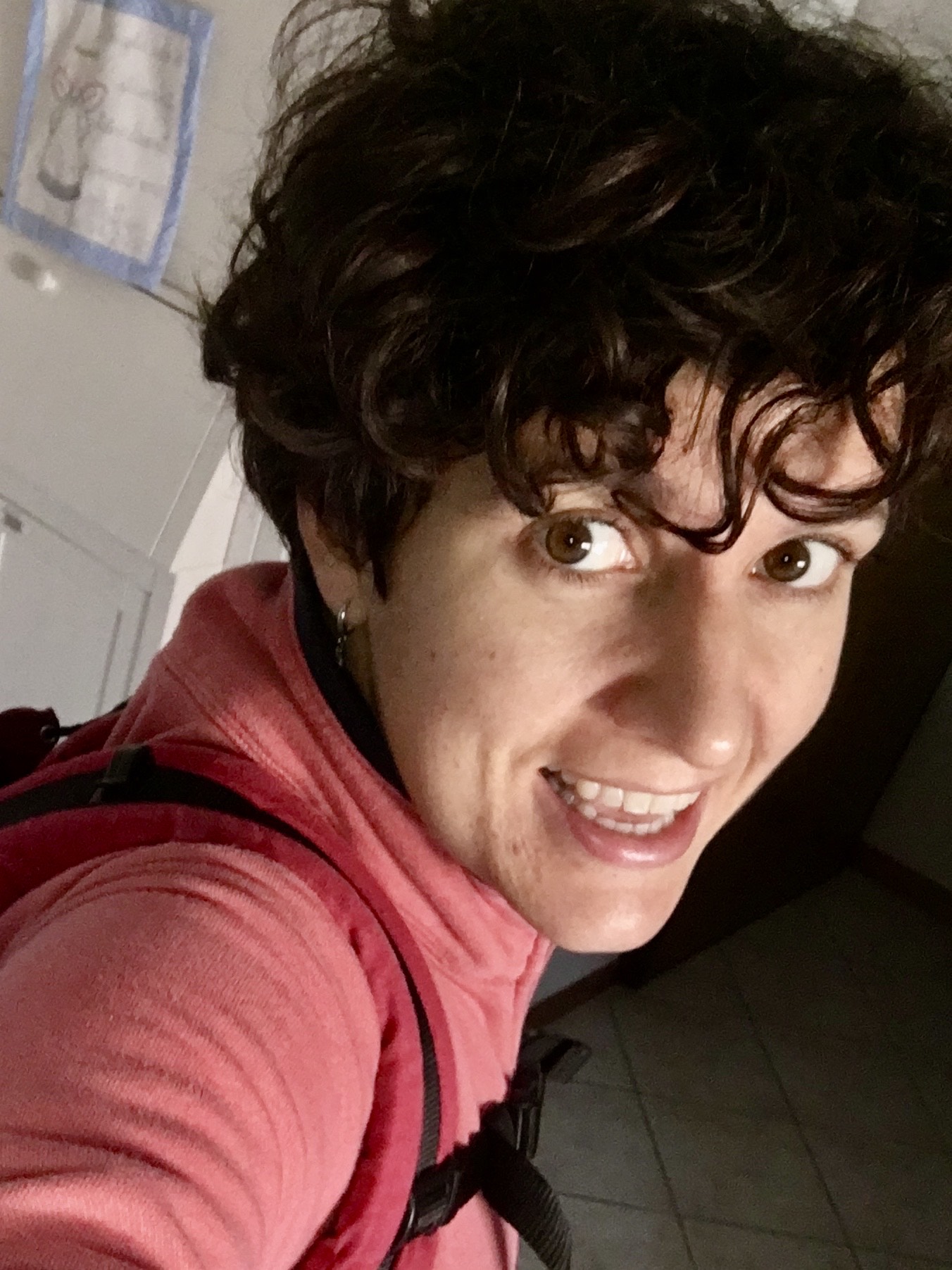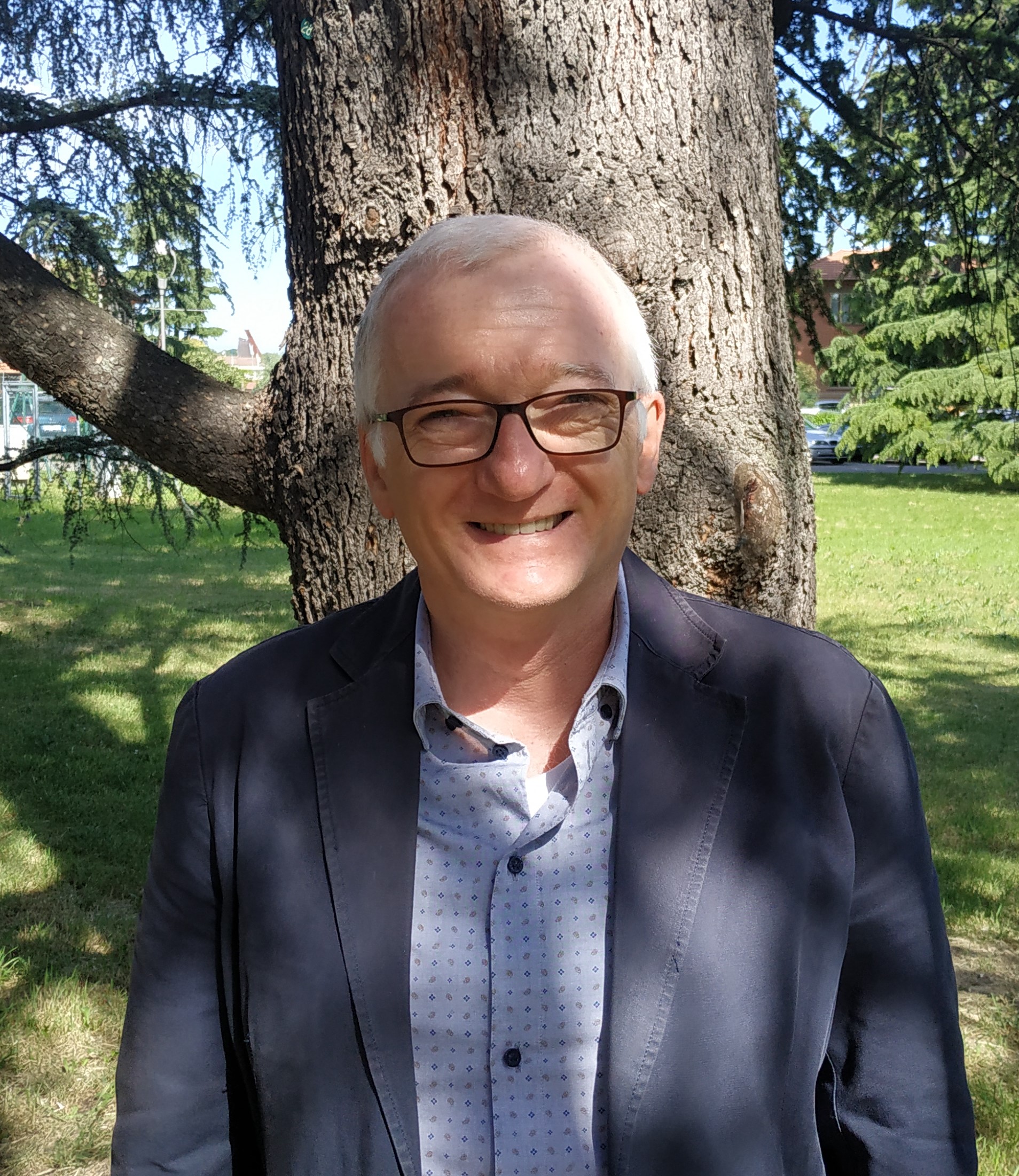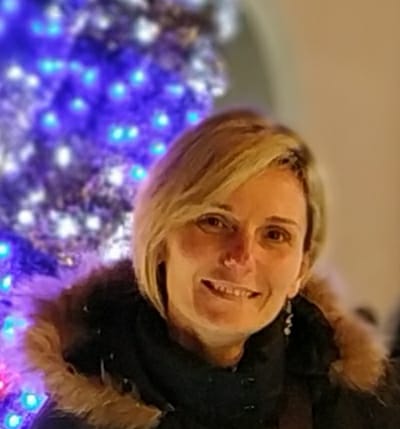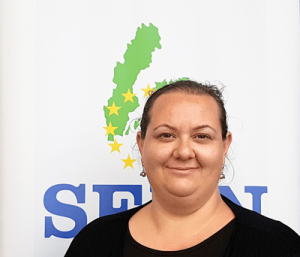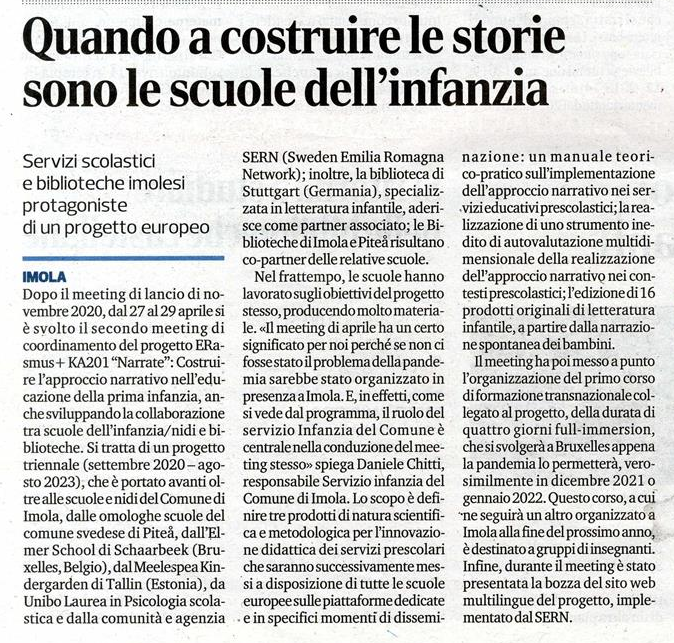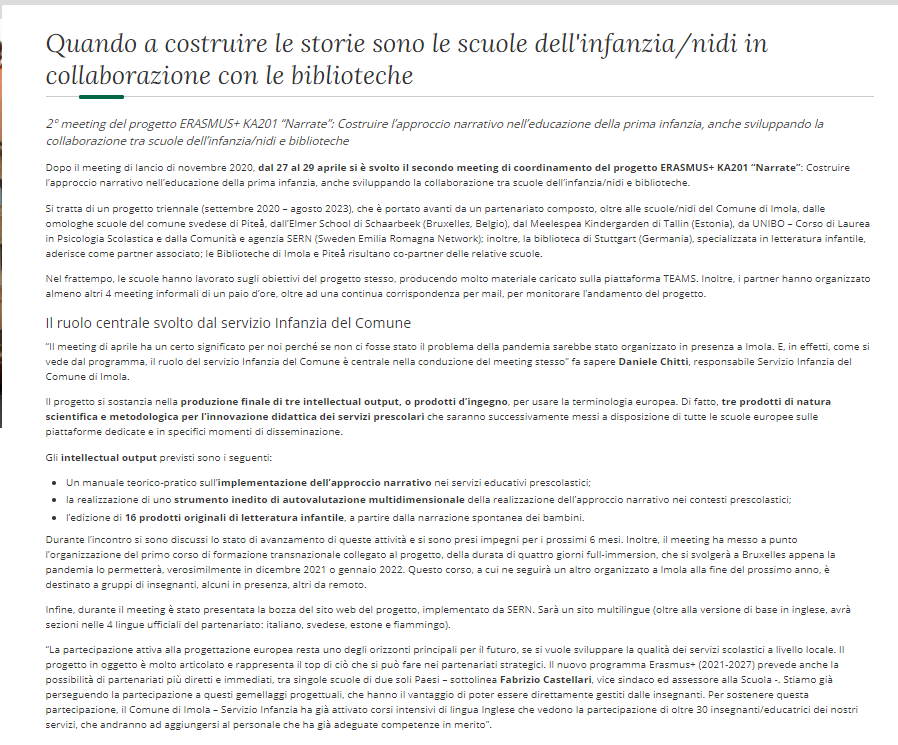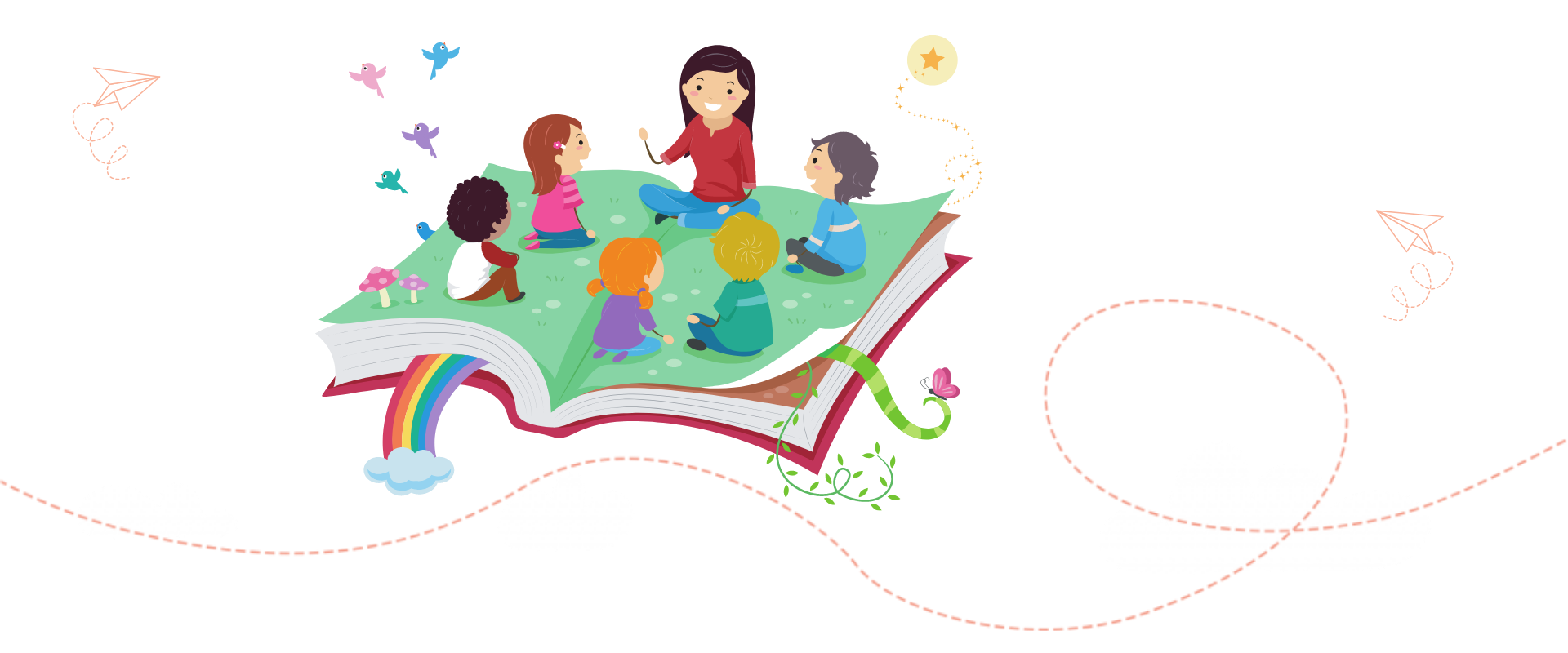
Narrate is an Erasmus+ project aimed at fostering quality in preschool education through increased attention to the narrative approach
What our team says
The specific Objectives of the project are:
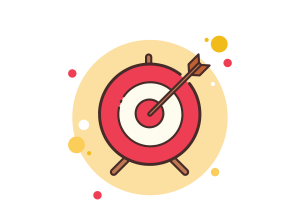

Developing the narrative approach in preschools, adopting the appropriate tools to arrange the context, planning activities and evaluating the outcomes.
Improving the collaboration between preschools and libraries for enhancing the narrative curriculum and for giving value and visibility to the spontaneous narrative production of the children (already present from an early age).


Increasing preschool teachers’ professional skills on the narrative approach/curriculum.
TARGET GROUPS:
- This is the 1st item
- This is the 2nd item
- Early Childhood Teachers from 4 countries
- Academics focusing on ECEC and their students
- Cooperating municipalities, educational districts
- Decision makers in local and regional authorities
- International educational community
- Students attending preschools
- Librarians
- Parents
WHY A TRANSNATIONAL PROJECT?
- This is the 1st item
- This is the 2nd item
- Although children's literature is a universal human feature, it is rather influenced by cultural aspects: each country has a different tradition and a different approach to physical and social reality, so learning from each other across Europe is fundamental;
- Preschools and libraries belong to different parts of the municipalities or they are totally separate institutions; agreements between these different services are always required;
- At the European level, there is the need to identify the preschools as also a cultural services (like the libraries are) and to consider the libraries fully integrated in the school system, in a reciprocal way.
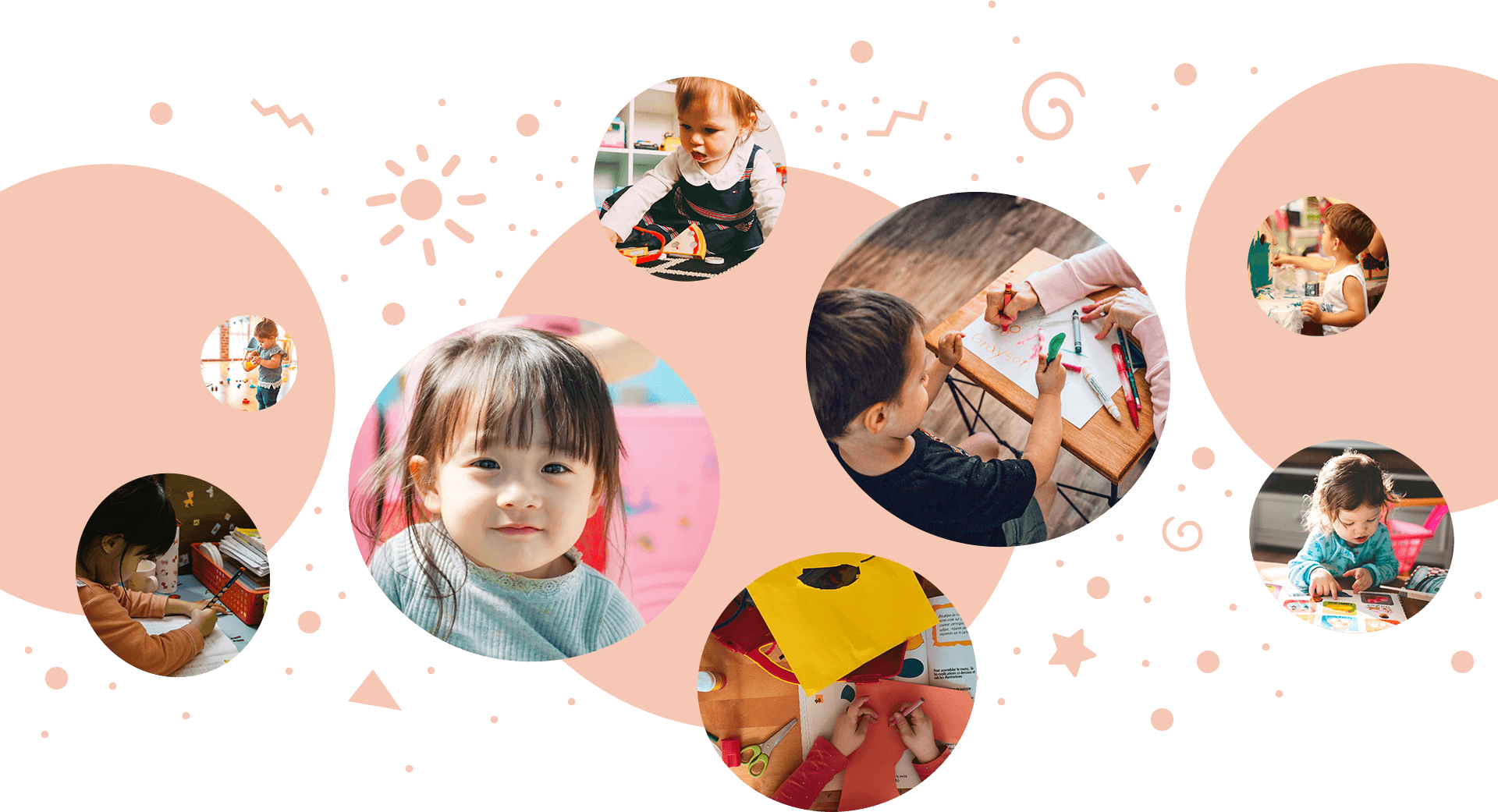
6 TRANSNATIONAL MEETINGS

2 TRAINING SEMINARS

